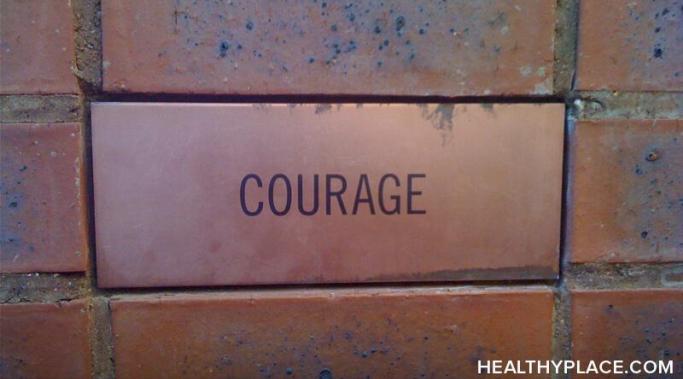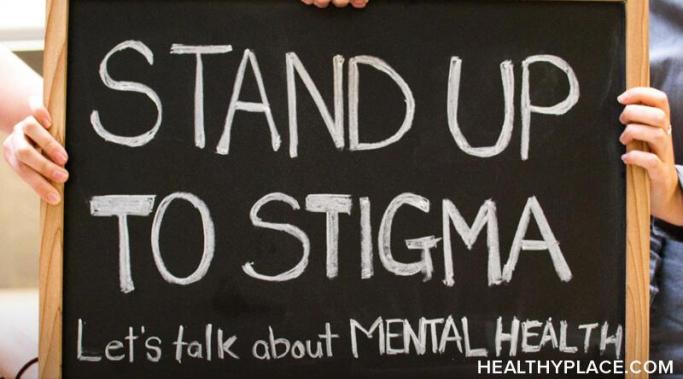The depression battle is fierce, as those of us with depression know. How can we win this battle and conquer depression? I have discovered three effective strategies that are helping me win the depression battle.
Coping with Depression
We can do things to help prevent depression relapse. I’ve relapsed with my depression more times than I can even count. I was first hospitalized for depression when I was 12. The second time I was 25. My last hospitalization was a little over five years ago, and I have had a few episodes of major relapse in between those hospitalizations. There’s a good chance that I could relapse into a major episode, even one requiring hospitalization, again. While this might sound depressing and discouraging, I choose to believe that this awareness allows me to safeguard against future major relapses.
Expressing ourselves through poetry helps depression, and, at the same time, it can help eradicate the stigma surrounding depression. Many of us find that it is easier to express our feelings, experiences, and struggles through creative expression than it is to express these things through dialogue or even direct writing. Also, writers have a way of conveying messages through poems that people are able to understand; through poetry, the reader often feels empathy for the writer.
Distraction from depression is a great way to cope with the mental illness. Yes, distraction can be considered a bad thing. It can keep us from focusing on the right things and from achieving our goals. But, I’ve found that distraction from depression is one of my best coping tools. Here is how distraction helps with depression.
We should fight depression stigma now because May is Mental Health Awareness Month and the spotlight is on mental health and depression stigma. That means there is a greater opportunity to reach a wider audience about how we can work together to fight the stigma surrounding depression and other mental illnesses. With this in mind, how can we best use the time that we have during the month of May to fight depression stigma?
Depression causes disconnection from ourselves and our loved ones. It often leaves the one diagnosed with depression feeling emotionally detached, while in the process leaving his/her loved ones feeling hurt and confused (Effects of Depression on Family and Friends). There are some warning signs of disconnection in depression that we, as the ones who battle depression, can look for in ourselves; we can also ask our friends and family to help us notice when they appear, too. Once we've learned to recognize the signs of disconnection in depression, we can take steps to start connecting again.
Although the self-care guidelines for depression can seem simple, when we are dealing with depression, self-care can be difficult. Self-care is “the practice of taking action to preserve or improve one's own health.”1 At a time when we feel like focusing on it the least is actually the time we need to focus on self-care the most since engaging in self-care can help with depression. Look at the following self-care guidelines for depression management. You may discover they're not so demanding after all.
Managing stress and depression on a day-to-day basis can be overwhelming. Depression is stressful enough without considering the everyday life stress everyone experiences. So, how do we cope? How do we deal with both our depression and stress that life brings us?
Why should you try exercises for depression treatment? Exercise has been widely known to help treat depression. Not only does it release feel-good endorphins, it gives structure to our days as well as distracts us from our depressed thoughts. In this post, you'll find the best exercises for depression treatment.









